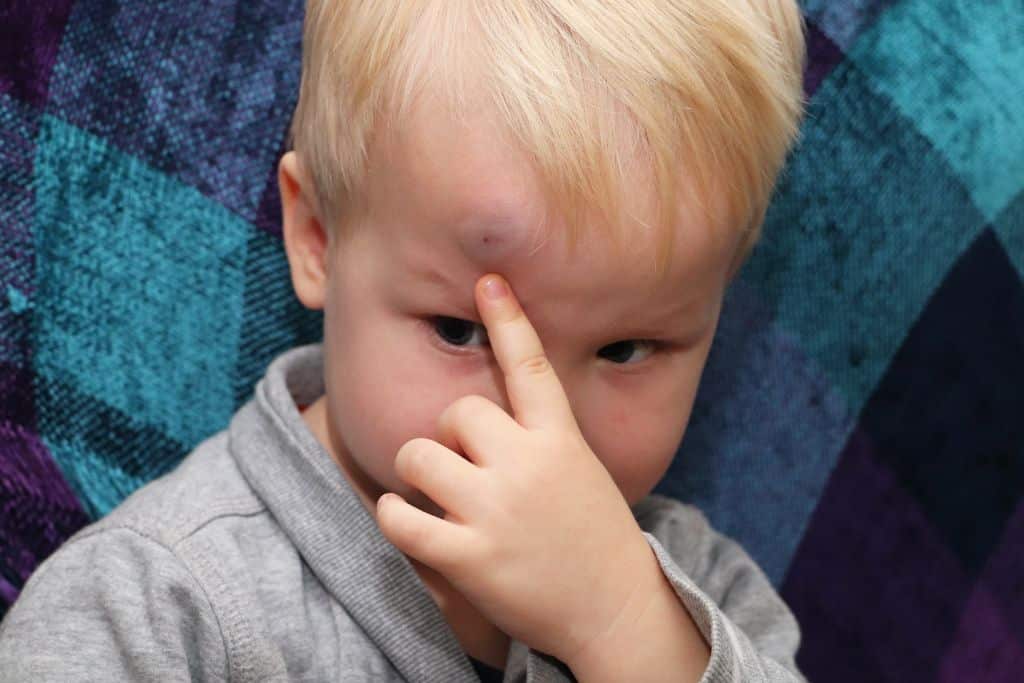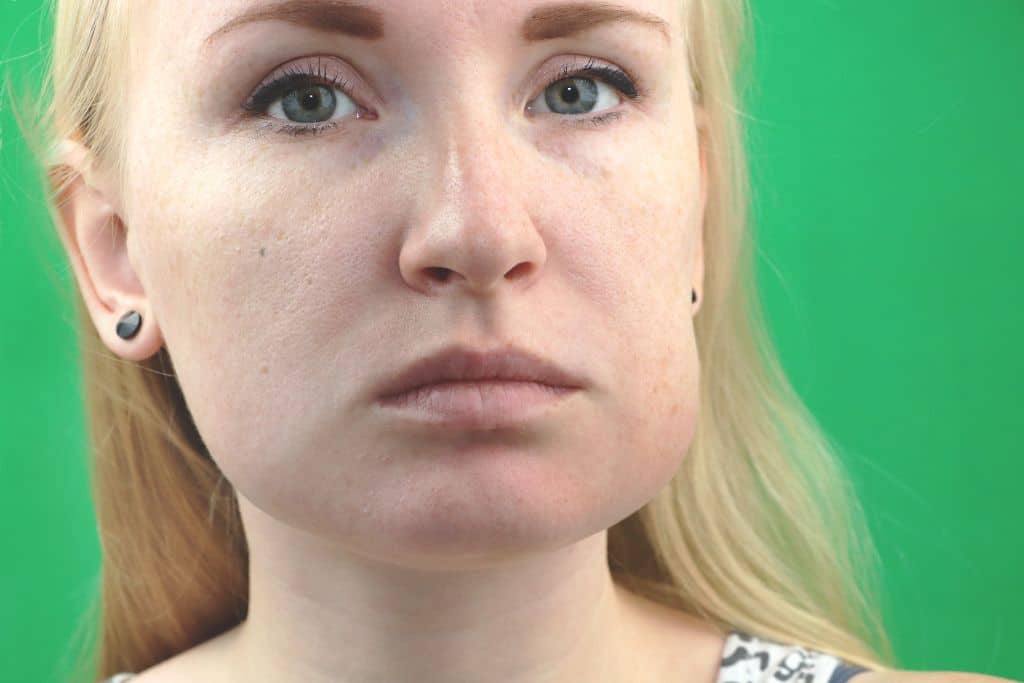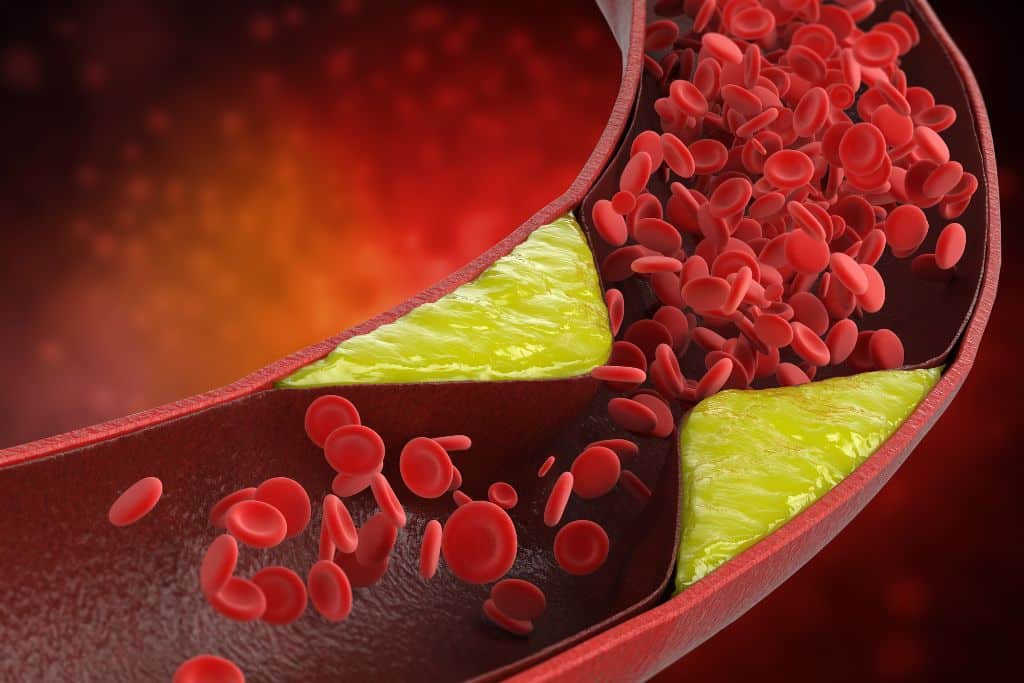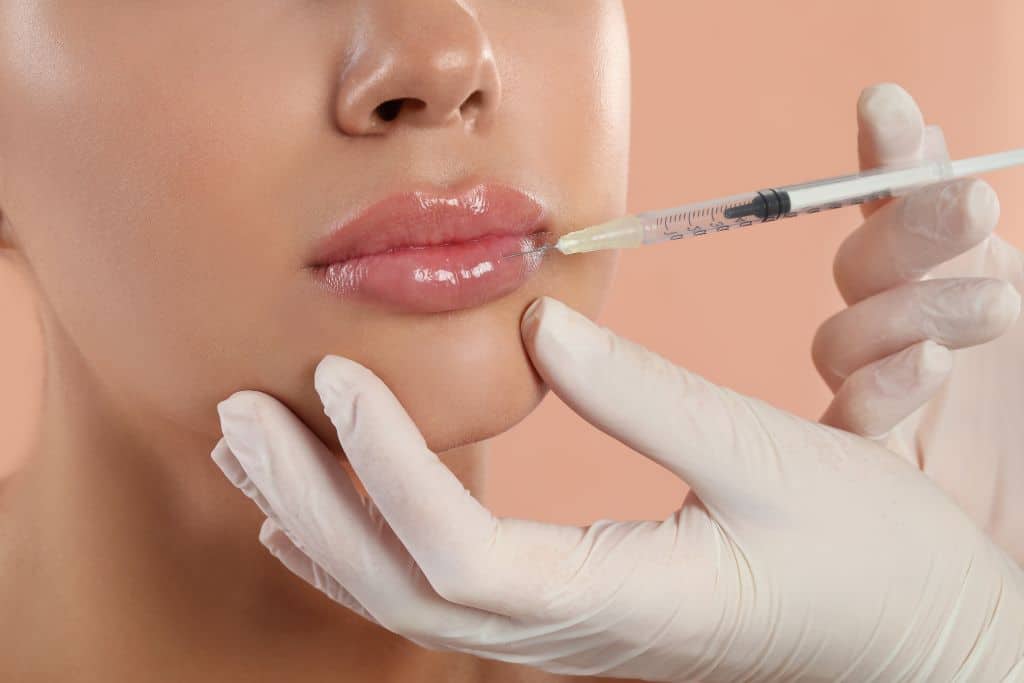What to Expect After Having Lip Fillers
If you are getting lip fillers done, you will want to be aware of what you can expect as a result. There are some things you can do to help reduce the pain and discomfort you might experience after the procedure. After getting lip fillers, many women may experience some difficulty finding the right ones to suit their individual needs. In addition, many may find that they need to change the type of filler often or find other ways to get the same result.
Bruising
Lip fillers are an injection-based treatment that can cause bruising. The body responds to the bruising by sending healing cells to the area of injury. This is called the Tyndall effect.
While bruising after lip fillers is a common side effect, it is not dangerous. It will subside in a few days. However, if it persists or becomes more severe, you should see a physician.

Bruising after lip fillers occurs because the injection needle punctures blood vessels. The blood leaks into the surrounding tissue, which causes swelling. When the skin around the injected area heals, the bruising will disappear.
The number of injections and the technique used can also affect bruising. Patients who get more injections or whose technique is more advanced are more likely to get bruises.
Swelling
Swelling is an unpleasant side effect of lip fillers. Depending on the type of filler, it can range from a mild bump to a full-blown sore. If you are concerned about the swelling, you should speak to your physician.
The best way to minimize swelling after a lip filler is to keep the area cool. Avoiding hot baths and showers, as well as excessive exposure to the sun, can go a long way toward reducing swelling.

It is also important to maintain good hydration. By drinking plenty of water, you will allow your body to heal itself. You may also want to drink an electrolyte drink.
Keeping your lips moisturized will also help prevent further swelling. Some people find it helpful to use an ice pack in the treatment area. Applying a cool compress for fifteen minutes at a time can reduce inflammation.
Avoiding exercise
Although you may not have been exercising on a regular basis, you can still enjoy the benefits of a healthy lifestyle. For starters, you’ll look great and feel better, which means you can do more of the things you love. You should also consider incorporating some form of exercise into your routine, whether it’s yoga, running, or even swimming.

In addition to a good old-fashioned workout, you’ll want to make sure you’re drinking plenty of water. A glass of water in the shower or at least an hour after exercise is a good idea. Also, you should make sure you’re eating a balanced diet. The best foods for your body are fruits and vegetables. And of course, you’ll want to be aware of your weight and watch your blood pressure.
Signs of vascular occlusion
The symptoms of vascular occlusion after having lip fillers include pain, blanching of the skin, blue or purple skin coloration, and necrotic tissue breakdown. In addition, a patient can experience slow capillary refill and blisters.
Although occlusions are rare, the potential consequences of filler injections are significant. Complications can include pain, sloughing of tissue, and a gradual decrease in vision. A reversible, nonpermanent filler is preferred, however, to lessen the risk of complications.

Vascular occlusion may occur in the lips or upper face. However, the greatest risks are associated with the inferior labial artery. It branches from the facial artery and runs horizontally at the vermillion-cutaneous border.
Having a doppler ultrasound to identify the vessels near the site of the filler injection can reduce vascular complications. Additionally, a 3D time-of-flight magnetic resonance angiography can visualize the vasculature in the face.
Avoiding certain supplements before getting lip fillers
A good way to gauge how you will feel after undergoing a lip augmentation procedure is to ask yourself what type of drugs and medications you are currently taking. For example, if you take a common painkiller like Advil or Aleve, you might want to think again. Similarly, if you are using a popular blood thinner such as heparin, you will likely want to ditch that as well. If you are thinking about getting a procedure that involves injecting a filler, you may also want to think about taking vitamins and minerals to help your body. These are known to enhance the healing of the body, thereby reducing post-operative pain.

As for your actual lip augmentation surgery, you may want to make an effort to limit your alcohol consumption. You also don’t want to overdo the exercise routine. Exercise is a great way to improve blood flow and aid the healing process, but it can lead to dehydration, especially in the heat-sensitive area of your face.

